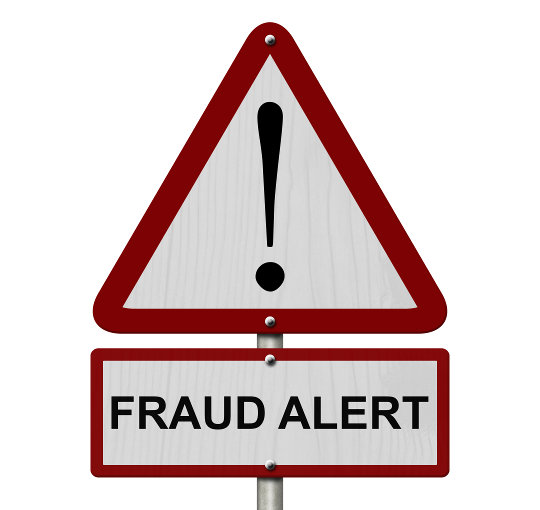Beware of These 2018 Dirty Dozen Tax Scams
May 10, 2018 by OSYB Staff

On March 21, 2018, the Internal Revenue Service (IRS) released its annual “Dirty Dozen” list of tax scams with a warning to taxpayers to remain on alert throughout the year against these aggressive and evolving schemes.
This year’s list includes a broad mix of schemes that typically peak during tax-filing season but are ever present throughout the year. As a taxpayer, you are automatically at risk from all scammers. Be vigilant in guarding your personal information and always be on the alert for questionable tax schemes.
As taxpayers, you need to know that you are legally responsible for what is on your tax return even if it is prepared by someone else. For your protection always use a reputable tax preparer.
Here are a sample of the IRS listed 2018 tax scams:
- Phishing: Taxpayers should be alert to potential fake emails or websites looking to steal personal information. The IRS will never initiate contact with taxpayers via email about a bill or tax refund. Don’t click on one claiming to be from the IRS. Be wary of emails and websites that may be nothing more than scams to steal personal information
- Return Preparer Fraud: Be on the lookout for unscrupulous return preparers. The vast majority of tax professionals provide honest, high-quality service. There are some dishonest preparers who operate each filing season to scam clients, perpetuating refund fraud, identity theft and other scams that hurt taxpayers. (IR-2018-45)
- Identity Theft: Taxpayers should be alert to tactics aimed at stealing their identities, not just during the tax filing season, but all year long. The IRS, working in the Security Summit partnership with the states and the tax industry, has made major improvements in detecting tax return related identity theft during the last two years. But the agency reminds taxpayers that they can help in preventing this crime. The IRS continues to aggressively pursue criminals that file fraudulent tax returns using someone else’s Social Security number. (IR-2018-42)
- Excessive Claims for Business Credits: Avoid improperly claiming the fuel tax credit, a tax benefit generally not available to most taxpayers. The credit is usually limited to off-highway business use, including use in farming. Taxpayers should also avoid misuse of the research credit. Improper claims often involve failures to participate in or substantiate qualified research activities or satisfy the requirements related to qualified research expenses. (IR-2018-49)
- Abusive Tax Shelters: Abusive tax structures are sometimes used to avoid paying taxes. The IRS is committed to stopping complex tax avoidance schemes and the people who create and sell them. The vast majority of taxpayers pay their fair share, and everyone should be on the lookout for people peddling tax shelters that sound too good to be true. When in doubt, taxpayers should seek an independent opinion regarding complex products they are offered. (IR-2018-62)
For the details: IRS wraps up ‘Dirty Dozen’ list of tax scams for 2018; Encourages taxpayers to remain vigilant
Image Credit: Deposit Photos
Category: News




